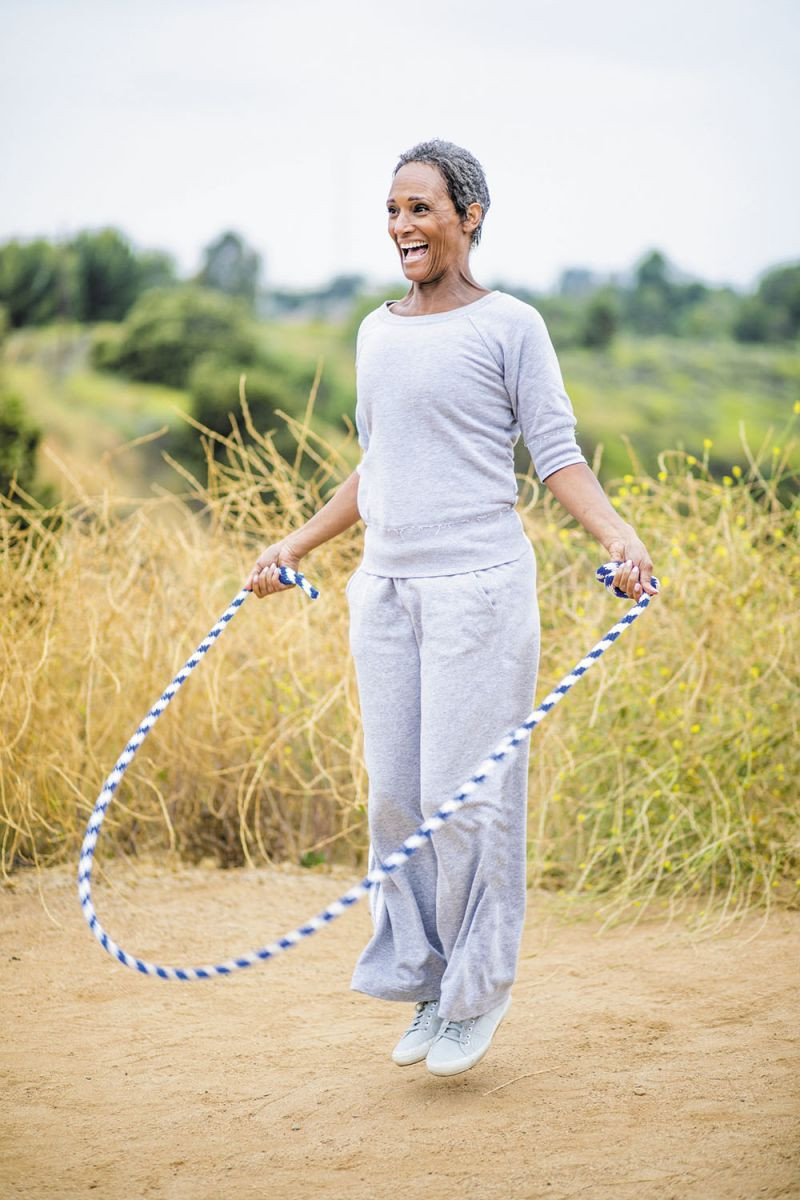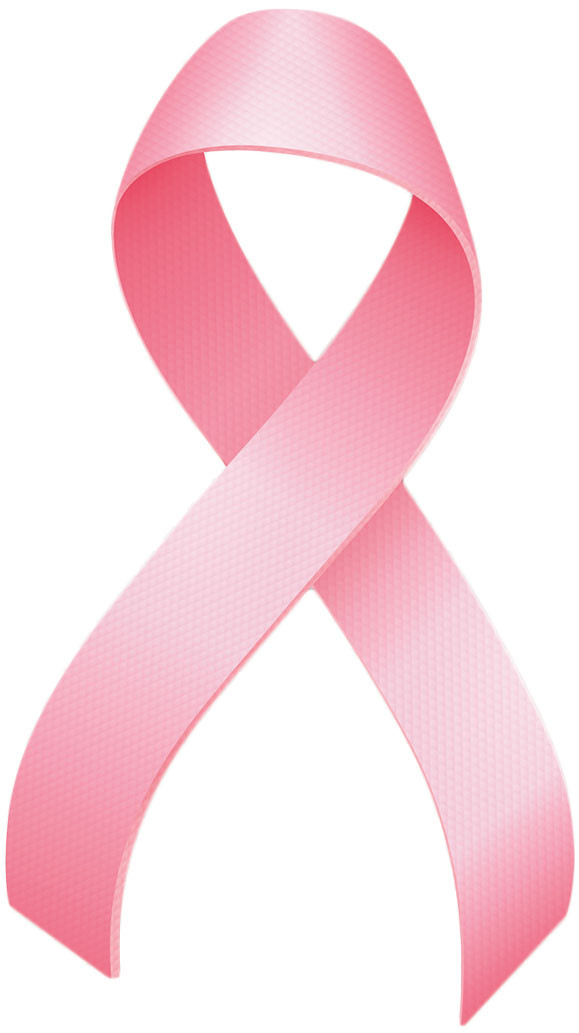
Trying to lose weight? Be careful not to lose muscle

Is your skin problem actually an autoimmune condition?

People with diabetes face higher risk of hearing loss

Antibiotic-free fixes for recurrent UTIs

Musculoskeletal syndrome of menopause: When menopause makes you ache all over

When can older women stop getting mammograms?

To lose weight, especially harmful belly fat, combine diet and exercise

Can men hold off on treating recurring prostate cancer?

The 7 types of rest and why we need them all

What are the early warning signs of cervical cancer?
Women's Health Archive
Articles
Is my urinary difficulty a normal part of aging?
Ask the doctors
Image: © Stratol/Getty Images
Q. Sometimes I urinate normally, but often I have to wait for the stream to start, or it takes much longer to finish. It may even stop and start, so I have to sit on the toilet much longer than in the past. I do feel that I empty my bladder, but it takes a while. Is this normal?
A. Urinary problems after menopause are common and may be related to age-related hormonal shifts or may have a separate medical cause. For this reason, it's always best to visit your doctor to discuss the problem. Difficulty starting or maintaining a stream of urine may be caused by many factors, including a blockage, an infection, certain medications, or a nerve problem that's affecting your brain's ability to get signals to the bladder, among others. Your doctor will likely recommend tests to search for the underlying cause and to customize your treatment.
Mediterranean diet reduces stroke risk, particularly among women
Image: Bigstock
Research we're watching
Eating a Mediterranean-style diet, which is rich in fruits and vegetables, lean meats, and nuts, may help women over 40 reduce the risk of stroke, according to a study published in the journal Stroke.
The study enrolled more than 20,000 adults, ages 40 to 77, who were asked to record what they ate in a seven-day diet diary. Researchers then compared their diet and their stroke risk over a 17-year period.
Is it safe for women to drink alcohol?
Ask the doctor
Image: © DragonImages/Getty Images
Q. The Harvard Health Letter has often said that it is generally healthy for women to have one alcoholic drink per day. Yet I hear a recent study showed no benefit. What's the truth?
A. Before answering your question, let's define "one drink": it's 12 ounces of beer, 5 ounces of wine, or 1.5 ounces of hard liquor. And it means having one drink each day of the week, not having seven drinks on Saturday night, sleeping it off Sunday, and begging off until next Saturday night. Now, despite the recent study, we stick with what we've said, which reflects the research of outstanding nutrition scientists at Harvard and elsewhere.
Screening guidelines for women: Incontinence and cervical cancer
News briefs
Older women: Take note of two new screening guidelines. One is for cervical cancer screening. Recommendations from the U.S. Preventive Services Task Force, published online Aug. 21, 2018, by the Journal of the American Medical Association, suggest that many women ages 30 to 65 can now approach cervical cancer screening in several ways: they can get a cervical cytology (Pap) test every three years; a test for human papillomavirus (which causes most cervical cancer cases) every five years; or they can get a combination of both tests every five years. If you're older than 65, the USPSTF recommends against screening unless you haven't had adequate tests before or you're at high risk for cervical cancer. The other screening guidelines are for urinary incontinence. They come from the Women's Preventive Services Initiative and were published online Aug. 14, 2018, by Annals of Internal Medicine. The guidelines recommend that women get screened for incontinence yearly, regardless of age. "I completely agree with brief annual screening for urinary incontinence for women. A simple question can be used to screen for it, such as, 'Do you have any bothersome urinary incontinence or urinary leaking during the day or night?' If the incontinence is treated early, in some cases, it will not progress and the patient will be able to avoid more invasive, costly, risky, or time-consuming treatment options," says Dr. May Wakamatsu, vice chair of gynecology services at Harvard-affiliated Massachusetts General Hospital.
Exercise can help you keep your bones strong
Running, jumping, and other weight-bearing exercises stimulate your bones and make them stronger.
If you've gone through menopause, your bones probably aren't as strong as they used to be.
"Around the time of menopause, there is accelerated bone loss in women as the ovaries stop producing estrogen," says Dr. Meryl S. LeBoff, professor of medicine at Harvard Medical School. This bone loss usually continues as you age, leading in some cases to either of two conditions: osteoporosis (a significant loss of bone density), or the less severe osteopenia (low bone mass). Together, these conditions affect 43.4 million Americans. Either can cause the bones to become brittle and break easily.
Women with DCIS may benefit from radiation in addition to lumpectomy
Research we're watching
A new study published online August 10 by the Journal of the American Medical Association shows that women with ductal carcinoma in situ (DCIS) — cancerous changes to the cells inside the milk ducts of the breast — may have better results if they have radiation in addition to a lumpectomy.
Researchers examined 15-year outcomes in 140,000 women with DCIS who underwent either lumpectomy or mastectomy alone, or both lumpectomy and radiation. Women who had radiation in addition to lumpectomy procedures were slightly less likely to die from breast cancer than women who had either a lumpectomy or mastectomy procedure alone.
Keeping bones strong
Ounce for ounce, bone bears as much weight as reinforced concrete. However, unlike reinforced concrete, bone is a living tissue. It serves as a repository of minerals for the rest of the body to use, continuously lending them out and replacing them. Bone also gets stronger when "stressed" by physical activity, and can repair itself when injured.
The building and tearing down of bone tissue is called remodeling. This process happens continuously throughout your entire life. At first, your body rebuilds more bone than it demolishes. Typically, a person reaches peak bone mass around the age of 30. Among women, bone mass usually remains steady for the next 20 years or so until the onset of menopause, when bone is lost much more quickly than it is replaced. When bone loss is significant, the result is osteoporosis (which means "porous bone"). Bone loss generally starts later for men — typically in the late 50s — and progresses more slowly than in women. But men can also get osteoporosis.

Trying to lose weight? Be careful not to lose muscle

Is your skin problem actually an autoimmune condition?

People with diabetes face higher risk of hearing loss

Antibiotic-free fixes for recurrent UTIs

Musculoskeletal syndrome of menopause: When menopause makes you ache all over

When can older women stop getting mammograms?

To lose weight, especially harmful belly fat, combine diet and exercise

Can men hold off on treating recurring prostate cancer?

The 7 types of rest and why we need them all

What are the early warning signs of cervical cancer?
Free Healthbeat Signup
Get the latest in health news delivered to your inbox!
Sign Up











